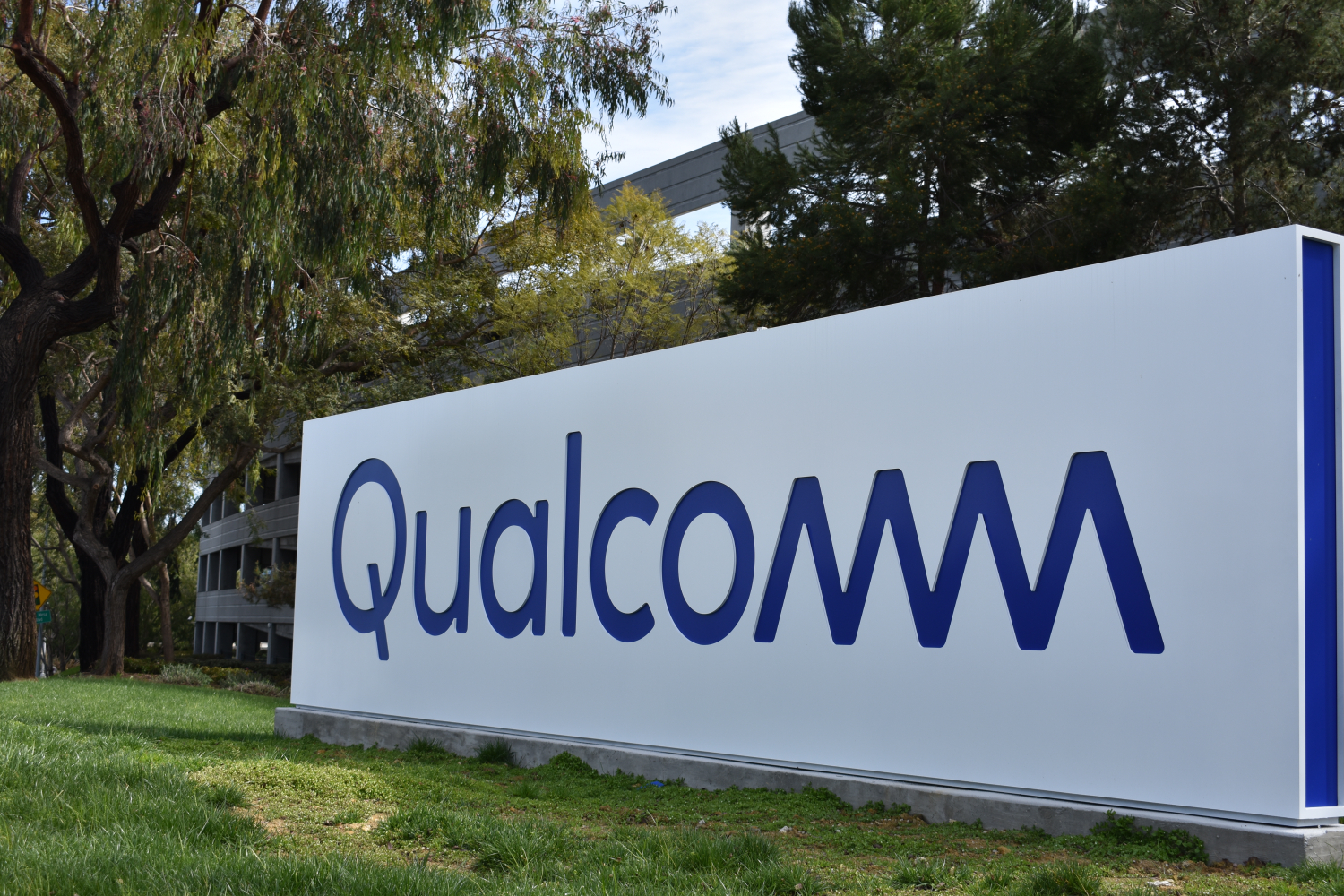Qualcomm Snapdragon 7cx to Power $300-$800 Arm-Based Laptops
Qualcomm's Vice President of Global Product Marketing, Don McGuire, said in a recent interview with Mobile Tech Podcast that laptops in the $300-$800 range will soon be available with a new chip, provisionally called the Qualcomm Snapdragon 7cx. The chip will be a class below the previously announced Snapdragon 8cx's performance.
Snapdragon 7cx Coming to Budget Windows 10 Laptops
McGuire noted that the Snapdragon 7cx is meant to draw both consumer and developer interest. Consumers are expected to buy a higher number of cheaper Snapdragon 7cx-enabled laptops than the more expensive notebooks with Snapdragon 8cx. More Arm-powered devices means that developers will have to start paying attention and optimize their applications for Arm chips, too.
McGuire gave example of Google, which was initially interested in developing an Arm-optimized version of the Chrome browser. However, after seeing little uptake in Arm-based Windows 10 PCs, Google scaled back its efforts. If Google, a company with large coffers and big interest in seeing Chrome run everywhere, isn’t interested in optimizing its application for Arm-based Windows 10 devices, then likely not many others will be either.
Qualcomm’s only chance to get developers interested in Arm-based notebooks seems to be to offer the market Arm-based Windows 10 devices on a budget. The firm hasn’t yet released the specifications of its Snapdragon 7cx platform nor pricing, but from what we know so far about it and the higher-end Snapdragon 8cx, it will probably be only slightly more competitive than Intel’s offering.
Qualcomm Taking the Notebook Market More Seriously
Earlier this year, Qualcomm announced an Intel Core i5 U-series rival, the Snapdragon 8cx platform, for “premium” Windows 10 notebooks. The chip is Qualcomm’s first designed from the ground up for laptops and PCs. Previous attempts were mostly mobile chips that were reused in notebooks, resulting in poor performance in Windows 10 machines as the chips couldn’t keep up with the demands of legacy PC programs.
Besides a significant improvement in single-thread and multi-thread performance due to the addition of Cortex-A76 CPU cores, the Snapdragon 8cx also brings 10MB of total CPU cache, which means the multitasking performance is much better, too. Arm-based Windows PCs have previously showed weak multitasking performance due to a lack of sufficient cache.
The main downside of the Snapdragon 8cx may not be its performance this time around, but its price. Qualcomm seems to target it at “premium” notebooks, claiming it shows similar CPU performance to Intel’s Core i5 U-series, while promising double the efficiency and 15-20 hour battery life. The Snapdragon 8cx will also come integrated with Qualcomm’s X24 2Gbps LTE modem, which likely further increases the price of the overall system-on-chip (SoC). It’s not clear yet just how competitive the Snapdragon 8cx will be against Intel’s Core i5 price-wise, but chances are it won’t be much cheaper, if at all.
Get Tom's Hardware's best news and in-depth reviews, straight to your inbox.
The Snapdragon 7cx promises to be a cheaper alternative to the 8cx. However, considering Qualcomm wants to use it in laptops that cost up to $800 or more, it’s not clear whether or not it will be a worthy competitor to Intel’s Atom-based Celeron and Pentium chips, or to Intel’s Core i3 found in most Windows 10 laptops in that pricerange.
The Chromebook market even less uninspiring than the Windows 10 notebook market in terms of chip options. The vast majority of budget Chromebooks use Intel’s Atom-based Celerons, while only $1,000+ Chromebooks use the Intel Core chips with more reasonable performance. Chromebooks have mostly favored Intel chips, despite the Chrome OS being a CPU architecture agnostic operating system (it’s supposed to run only web applications and isn’t tied down by legacy x86 programs).
We’ll soon start to see both AMD and Arm-based Qualcomm chips in Chromebooks, albeit at a slow pace. AMD seems to be using only three-generation old non-Zen APUs to target Chromebooks, which aren’t a significant upgrade over Intel’s Atom-based Celerons.
Lucian Armasu is a Contributing Writer for Tom's Hardware US. He covers software news and the issues surrounding privacy and security.
